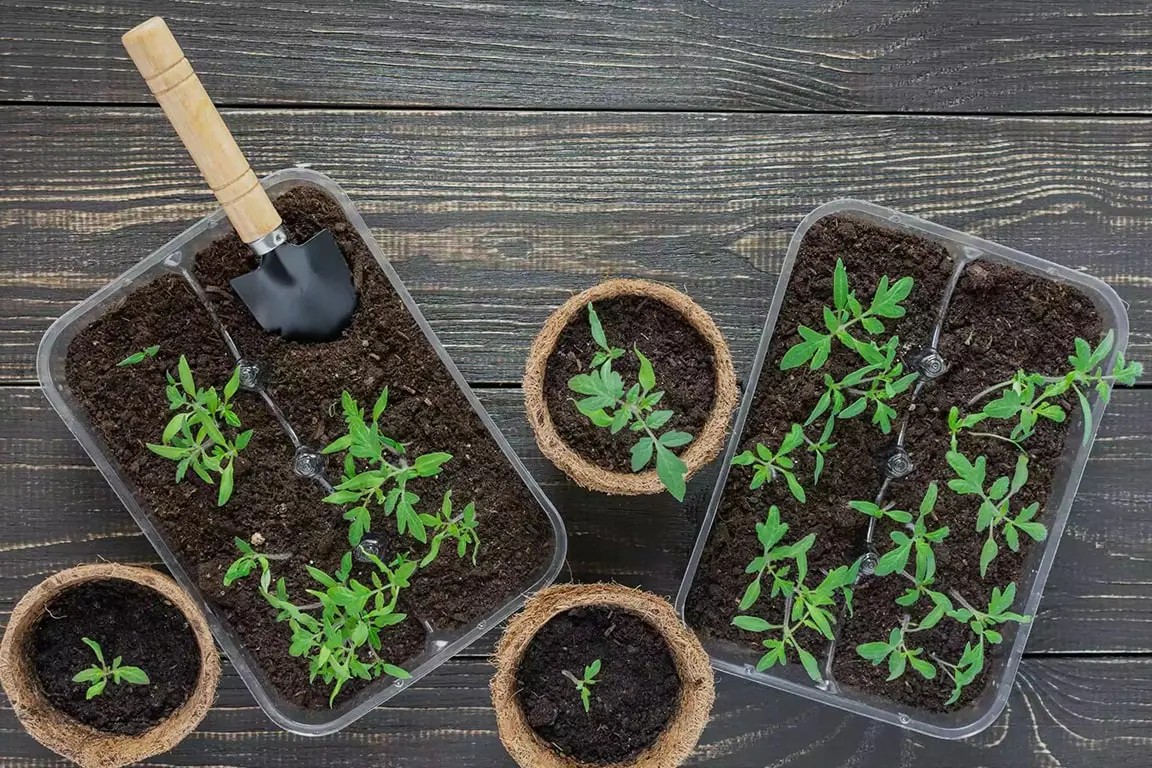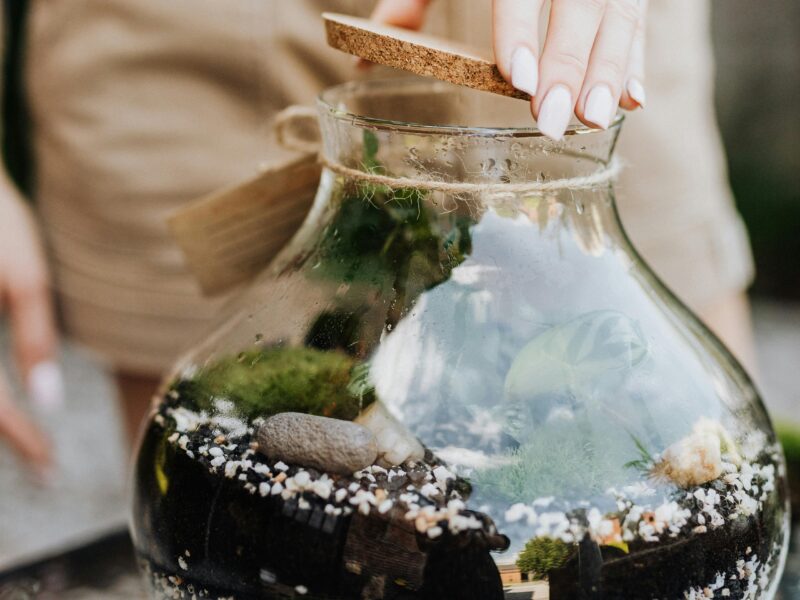In an age where sustainability is more crucial than ever, gardeners around the world are turning to eco-friendly practices to make their gardens not only beautiful but also beneficial to the earth. Sustainable gardening involves techniques that conserve resources, reduce chemical use, and enhance environmental health. Here’s a comprehensive guide to sustainable gardening practices that are easy to implement and effective in promoting a healthy ecosystem right in your backyard.
1. Water Wisely
Water conservation is a cornerstone of sustainable gardening. Over-watering not only wastes water but also harms your plants and soil health.
- Drip Irrigation: Installing a drip irrigation system can significantly reduce water usage by delivering water directly to the plant’s roots, where it’s needed most.
- Rain Barrels: Collect rainwater from your roof in barrels to use in your garden. This not only conserves water but also reduces runoff pollution.
- Water at the Right Time: Water early in the morning to minimize evaporation. This practice ensures that the water soaks into the soil, reaching the plant roots effectively.
2. Choose Native Plants
Native plants are adapted to your local climate and soil, making them easier to care for and more resistant to pests and diseases.
- Support Local Wildlife: Native plants provide the necessary habitat for local wildlife. They offer a food source and shelter for birds, butterflies, and beneficial insects.
- Reduce Maintenance: Native plants typically require less fertilizer and water than their non-native counterparts, reducing the environmental impact of your garden.
3. Use Organic and Natural Fertilizers
Chemical fertilizers can leach into waterways, causing pollution and harming wildlife. Organic fertilizers release nutrients more slowly and improve soil health.
- Compost: Make your own compost from kitchen scraps and yard waste. This not only reduces waste but also enriches your soil.
- Organic Fertilizers: Use certified organic fertilizers to nourish your plants without the harsh effects of synthetic chemicals.
4. Practice Crop Rotation and Companion Planting
These age-old techniques are excellent for maintaining soil health and reducing pests and diseases without resorting to chemicals.
- Crop Rotation: Rotate your crops annually to prevent soil depletion and disrupt the cycle of pests and diseases.
- Companion Planting: Planting certain plants together can naturally repel pests and enhance growth. For example, marigolds emit a scent that deters garden pests and can be planted around your vegetable garden.
5. Encourage Beneficial Insects
Instead of relying on insecticides, attract beneficial insects that naturally control pest populations.
- Plant Pollinator-Friendly Flowers: Flowers such as lavender, sunflowers, and zinnias attract pollinators like bees and also beneficial insects that prey on garden pests.
- Insect Hotels: Build or buy an insect hotel to provide a nesting site for beneficial insects like ladybugs and bees.
6. Reduce, Reuse, Recycle
Implementing the 3 Rs in your garden can significantly reduce your environmental footprint.
- Recycle Plant Pots: Instead of buying new pots, reuse containers or upcycle items from around your house.
- Create Garden Structures from Recycled Materials: Use reclaimed wood, old bricks, and recycled metal to create pathways, raised beds, and garden decorations.
7. Harvest Rainwater
Collecting rainwater reduces dependence on municipal water systems and is excellent for plants due to its lack of chlorine and other chemicals.
- Install a Rain Barrel: Set up a rain barrel to catch water from your roof. Use this water for irrigating your garden, which is both cost-effective and environmentally friendly.
8. Use Mulch
Mulching is a simple yet effective practice that conserves water, suppresses weeds, and adds organic matter to the soil as it decomposes.
- Organic Mulch: Use straw, bark, or leaves as mulch. These materials help retain moisture, control soil temperature, and add nutrients as they decompose.
9. Solar Garden Lights
Solar-powered lights are an eco-friendly option for garden lighting, reducing electricity use and highlighting your garden’s features at night.
- Solar Path Lights: Illuminate pathways with solar lights. They charge during the day and light up automatically at dusk, providing safety and beauty.
10. Educate Yourself and Others
Sustainable gardening is an ongoing learning process. The more you learn, the more you can implement and share with others.
- Attend Workshops: Many communities offer workshops on sustainable gardening techniques.
- Join Local Gardening Clubs: Exchange ideas and learn from the experiences of fellow gardeners.
Sustainable gardening is not just about growing plants; it’s about cultivating an ecosystem that supports itself and the environment around it. By adopting these practices, you can create a garden that not only thrives but also contributes to the health of your local environment. Whether you’re a seasoned gardener or just starting out, these techniques can help you build a more sustainable, beautiful, and productive garden.


